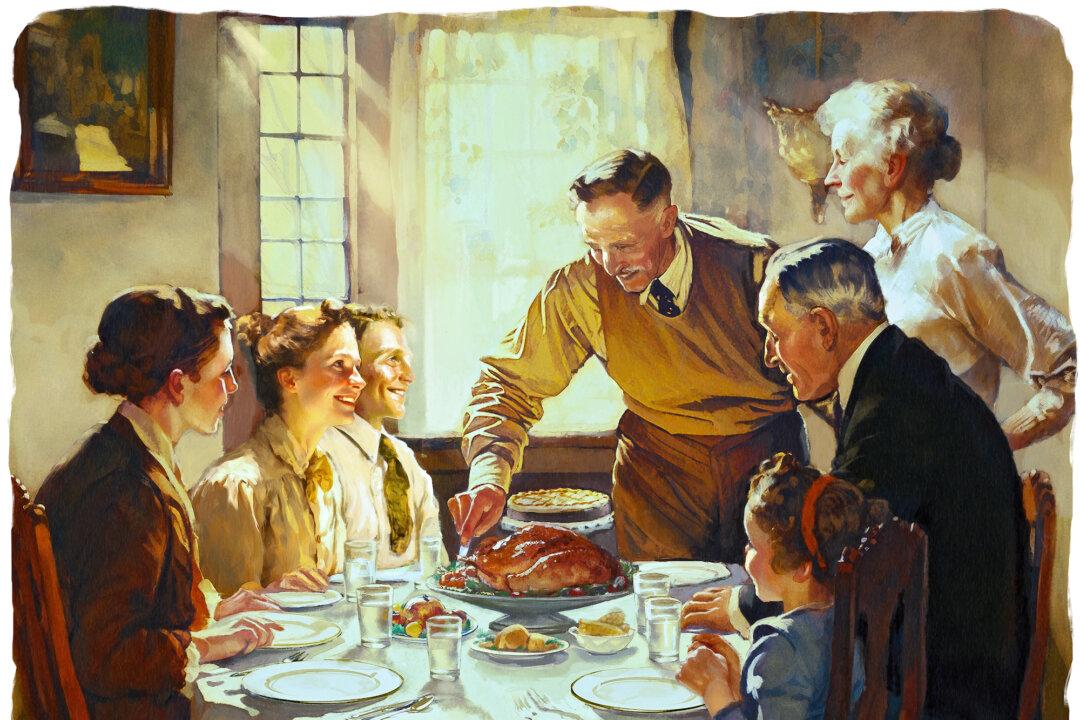Commentary
I was recently shocked to hear a podcaster openly encourage stealing from Whole Foods. He described his own theft from the store, and he sounded quite proud of his ethical rationale. That episode of the top-ranking podcast was recorded in 2009, and there has never been a public outcry against it. On the contrary, some publications applauded the podcast, and celebrities flocked to be on it.





